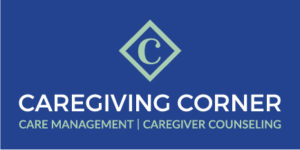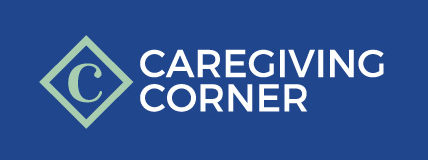Our daily lives include both activities that we need to do and activities that we choose to do to make our life enjoyable. Some of the pleasurable activities are joyful. Some are calming and contemplative. Some involve engaging with others. Some are more solitary.
Beyond just feeling good, many of these activities give our lives meaning. For many older adults, quality may have at least as much—or even more—meaning than the quantity of their life.
Quality of life
If you put all your pleasant activities together, they represent your essential “quality of life.” (This is different from what is often called “quality of living,” which has to do with assets and belongings and often revolves around money.) Quality of life is less physical or tangible. It’s more an inner or emotional experience that relates to how you spend your time.
For anyone preparing an advance directive and thinking about end-of-life care, it’s important to start with your own definition of what is important in life.
Health and quality of life
Our health is a key factor in our quality of life. We often take good health for granted. Poor health can keep us from the activities we love. When a health issue undermines our joy in living, then health itself becomes a major focus. There can be many health-related barriers to quality of life. Some examples are pain, fatigue, mobility issues, treatment side effects, treatment schedules, mental fuzziness.
Healthcare decisions
As any of us weighs the risks and benefits of a given treatment, in some ways we are really assessing how much the treatment will return us to the things we love. The more serious the condition, the more important even little joys become.
How is health affecting your relative’s ability to do what matters most to them?
Return to top
What brings joy? What matters?
A good conversation to consider with your family member is an inventory of what’s delighting them now. How are they spending their time? Are they able to include an activity or two each day that has meaning or brings joy?
When faced with a serious illness and potentially invasive treatments, the joyful activities take on greater meaning. Often, keeping them foremost in decision making is helpful when choosing among treatment options. For example:
- If spending time with family is a priority of your loved one, healthcare decisions should facilitate their ability to do so.
- If they love walking their dog every day, then healthcare decisions should make mobility a priority.
You get the idea.
What do you think are the most meaningful activities to the person you care for?
Return to top
Informing key people
Even before a serious illness sets in, it’s important that your family member describes their personal joys and priorities to those who can facilitate these activities. If they have a healthcare decision maker for situations when they are suddenly unable to speak for themself, that person needs to know what “quality of life” looks like for your relative. It’s good for them to also share this information with their doctor and other healthcare providers. And to provide updates as priorities change.
Return to top
If you are a healthcare decision maker
Perhaps you have been chosen to step in to make medical decisions for a friend or relative. If possible, talk with them before a crisis about the types of treatments they would or would not want in some future situation. Realistically, you can’t foresee every treatment option that may arise. On the other hand, knowing what—to them—makes life worth living can help you make an educated guess about what their preferences would be. Learn more in our article for healthcare decision makers.
Return to top


